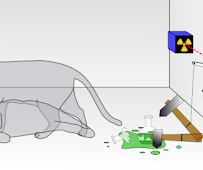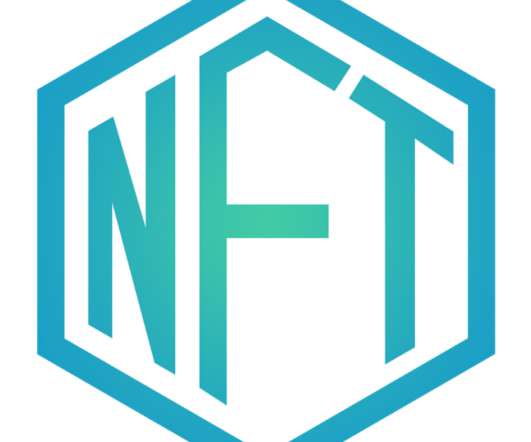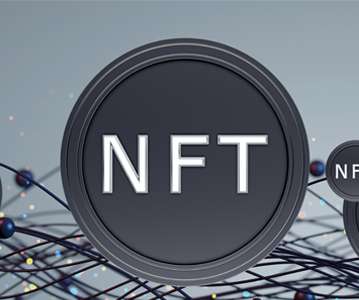[Guest post] Free Holdings case raises important issues regarding the legal nature of NFTs
The IPKat
APRIL 19, 2023
The IPKat is pleased to host the following guest post by Katfriend Paolo Maria Gangi (Studio Gangi) on a recent case addressing the legal nature of non-fungible tokens (NFTs). Ownership of every name periodically expires and, at that point, anyone may freely claim it on Namecoin by re-registering the expired name.











Let's personalize your content